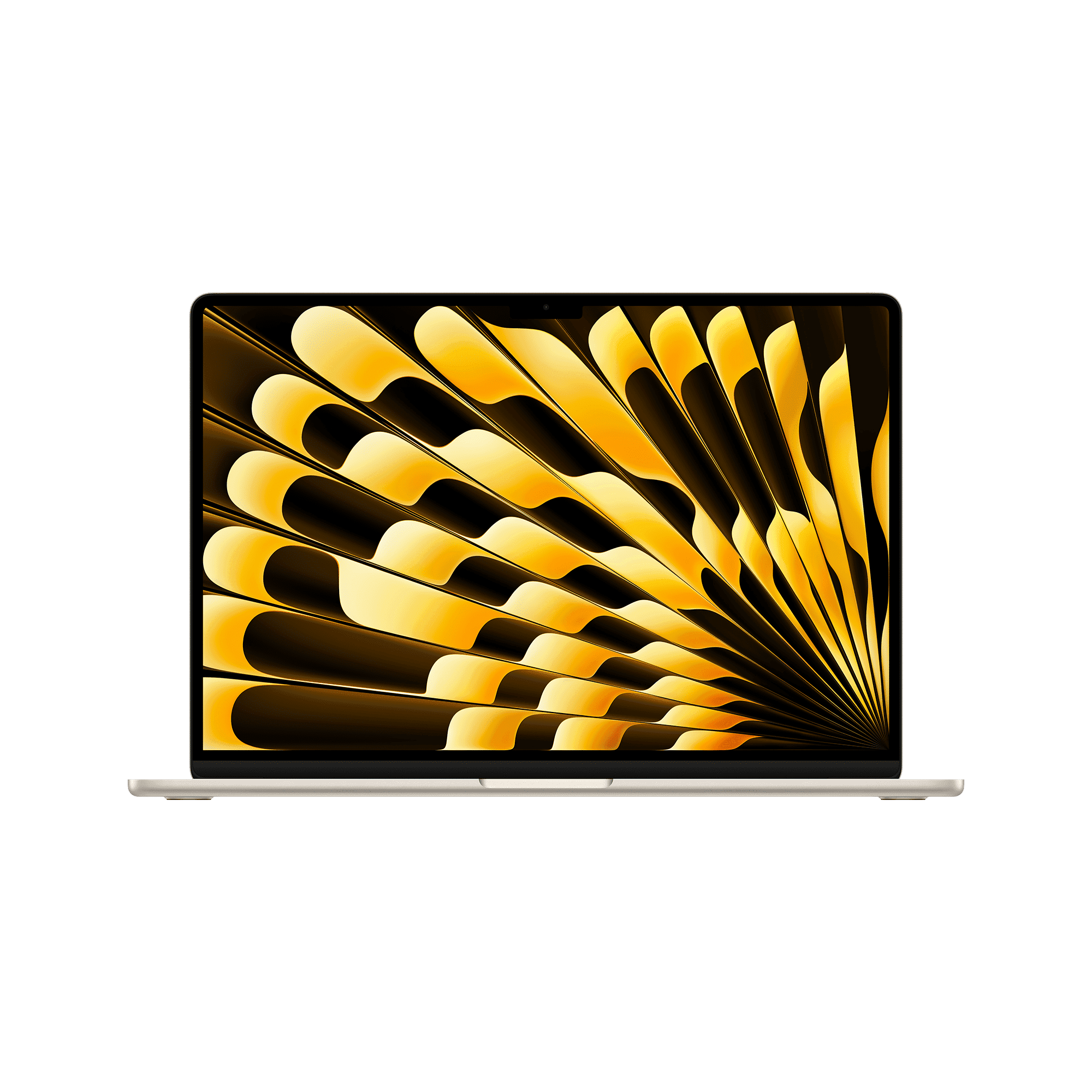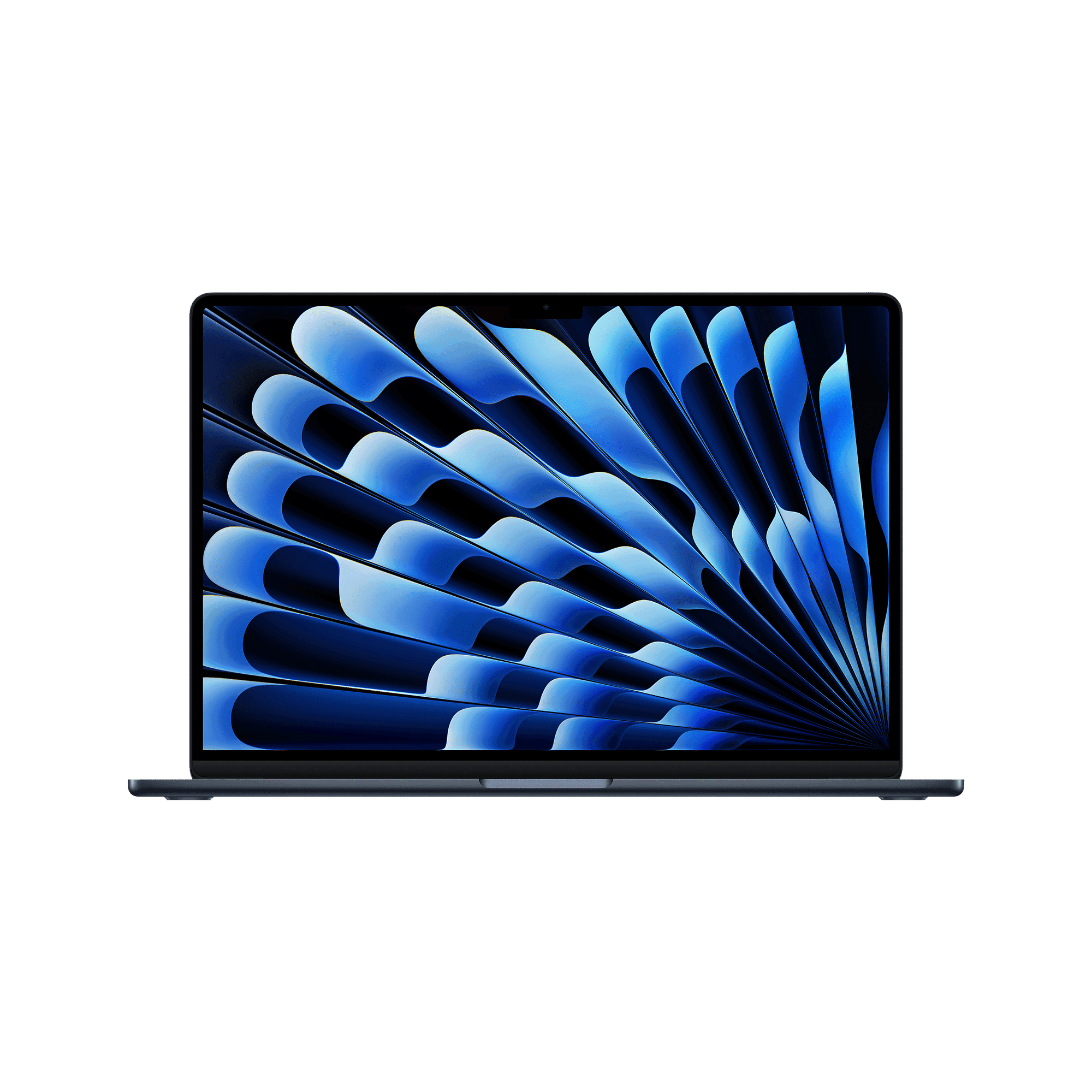
Consumer Electronics
•03 min read

Buy Apple MacBook Pro 2023 (14.2 inch, M3, 8GB, 1TB, macOS, Space Grey) online at best prices from Croma. Check product details, reviews & more. Shop now!
Ever wondered why your Mac sometimes feels sluggish or unresponsive? The secret to smooth performance lies in understanding and managing your system’s RAM effectively. In this guide, we take you step-by-step through how to check RAM in Mac, using built-in tools, interpreting system memory details and implementing simple optimisation tips to enhance your Mac’s performance.
RAM, or Random Access Memory, is a critical component that helps your Mac run multiple applications simultaneously and ensures smooth operation. It temporarily stores data, enabling your system to access information quickly rather than relying solely on the much slower hard drive. Whether you're editing large files or juggling multiple tasks, the importance of sufficient RAM becomes clear when you experience lag or delays.
Your Mac’s overall performance is closely linked to its RAM usage. When the available RAM is fully utilised, your system might slow down considerably, leading to symptoms such as application crashes, slow response times and unexpected freezes. Monitoring RAM can help you identify when your system is approaching its limits, allowing you to address issues before they hinder your productivity.
Activity Monitor is a built-in macOS tool that provides detailed insights into how your system is using memory. Follow these simple steps to check Mac memory usage and understand key metrics:
Open the Applications folder, then go to Utilities and launch Activity Monitor.
Click on the 'Memory' tab which shows important metrics such as Memory Pressure, App Memory, Wired Memory and Cached Files.
Observe the Memory Pressure graph, which indicates overall RAM health.
This mac memory check tool is perfect for both beginners and advanced users, ensuring you can easily monitor RAM on Mac.
Your Mac offers another simple way to view key hardware specifications including mac ram details. To do this:
Click the Apple menu and select About This Mac.
Locate the Memory section to view Mac system memory and check details like the installed RAM capacity and type.
This method helps you check Mac hardware specs quickly, giving you an overview of your system's memory capacity.

Buy Apple MacBook Air (15.3 inch, M4, 16GB, 512GB, macOS, Starlight) online at best prices from Croma. Check product details, reviews & more. Shop now!
For those who prefer a more hands-on approach, Terminal offers commands to check detailed memory statistics. Simply:
Open Terminal from the Utilities folder.
Type the command vm_stat and press Enter.
Examine the output for insights into your Mac's virtual memory statistics. This command gives you a peek into mac system information ram in a more technical manner.
The combination of Activity Monitor and System Information provide a robust set of tools to check Mac memory usage and ensure your system remains efficient. These tools help you decide when it might be time to free up memory or tweak your system settings.
There are also reliable third-party applications that offer additional features to help you refine your RAM performance. These apps often give detailed insights and customisable alerts to monitor RAM on Mac. While these tools may provide extra information, remember that the built-in options typically cover most user needs without additional cost.
Improving your system performance can be as simple as freeing up unused RAM. Consider these actionable tips:
Restart your Mac regularly to clear temporary files.
Close applications that are not in use.
Clear browser caches for smoother operation.
These suggestions are effective ways to help balance your system’s memory and improve its handling of multiple tasks.

Buy Apple MacBook Air (15.3 inch, M4, 16GB, 512GB, macOS, Midnight) online at best prices from Croma. Check product details, reviews & more. Shop now!
If your Mac frequently struggles to keep up with your workload, consider checking for upgrade options. For older models, an upgrade in RAM can boost performance significantly. It is important to verify compatibility and find Mac memory capacity details in the System Information to decide on the maximum upgrade potential.
Regular system updates not only keep your Mac secure but also enhance memory management. Updated software often optimises how RAM is used, leading to a smoother mac system performance check.
Pro Tip: Monitor Memory Pressure for Performance Insights
Did you know? The Memory Pressure graph in Activity Monitor offers a clear visual cue to your Mac’s health. When the graph is green, your system is running optimally; yellow suggests moderate usage; red indicates that it may be time to free up or upgrade your RAM. Keeping an eye on this helps prevent performance bottlenecks.
Open Activity Monitor from the Utilities folder, then navigate to the Memory tab to view detailed RAM statistics.
Yes, you can use the vm_stat command in Terminal to gain insights into your Mac's memory usage.
Simply go to 'About This Mac' from the Apple menu and check the Memory section for detailed information.
Consider restarting your Mac, closing unused applications, and clearing browser caches to effectively free up RAM.
If your Mac is often strained by heavy multitasking and slow performance, upgrading RAM can be a useful step if your model supports it.
Enhancing your Mac’s performance begins with understanding how to check RAM and implement smart optimisation techniques. Tata Neu is here to support your journey through tech innovation by providing expert guidance and seamless solutions. With rewards like NeuCoins for every transaction, whether you're investing in productivity-boosting gadgets or exploring the latest in consumer electronics, every step you take is a step towards shopping smartly. Enjoy the ease and convenience of our platform combined with tailored after-sales support for an unmatched customer-first experience.